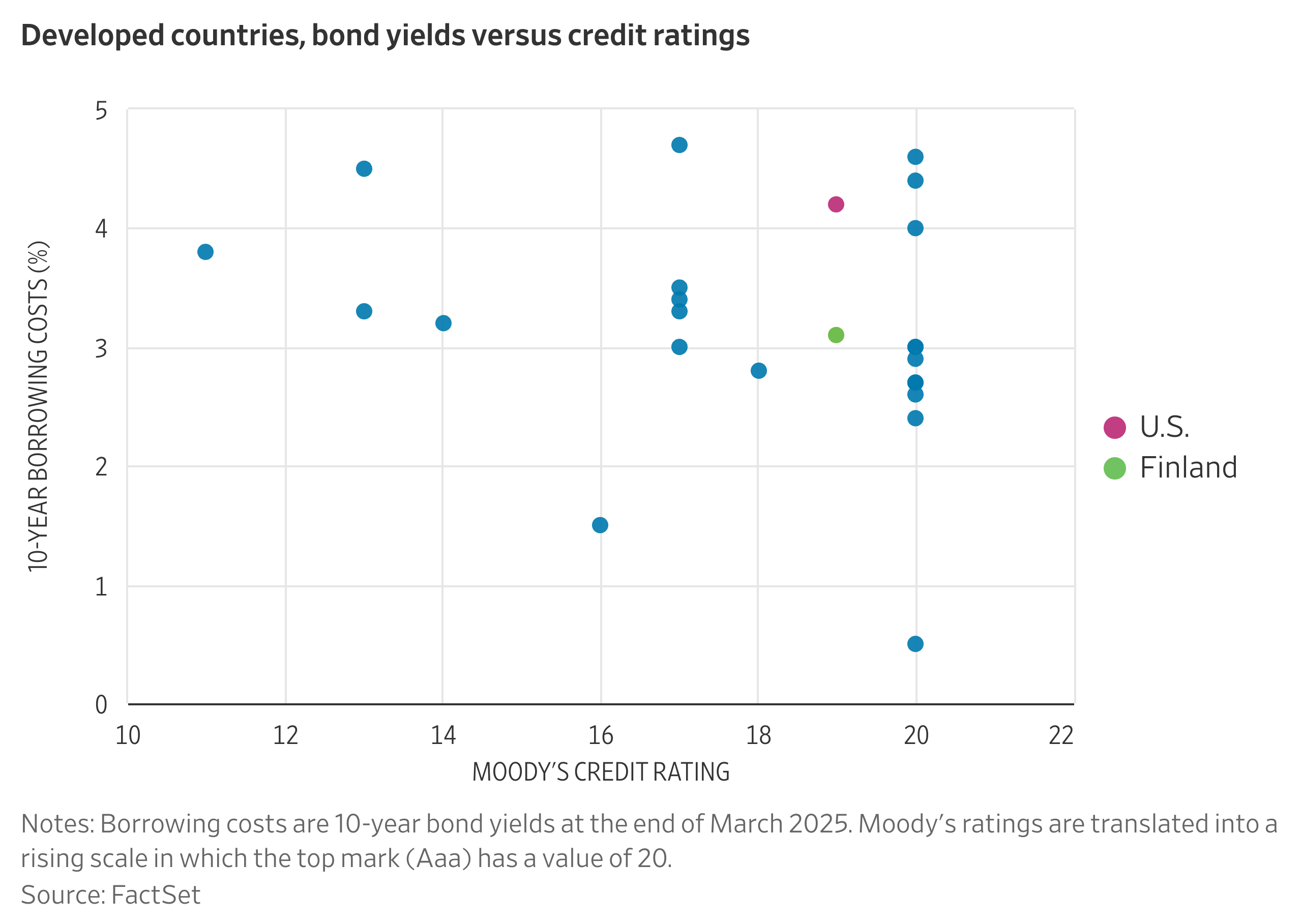Summary
Britons who spend 10 years abroad are no longer liable for inheritance tax on their global assets after changes by Rachel Reeves came into force on April 6. They can choose to return to live in Britain for up to nine years before being dragged back into the inheritance tax net.
Source: The Telegraph

AI News Q&A (Free Content)
Q1: What is the inheritance tax break introduced by Rachel Reeves in April 2024, and how does it impact British expats returning to the UK?
A1: Rachel Reeves' inheritance tax break, effective from April 6, 2024, allows Britons who have spent 10 years abroad to avoid UK inheritance tax on their global assets. If these expats return to the UK, they can live in Britain for up to nine years before their worldwide assets are subject to UK inheritance tax again. This measure is designed to encourage British expats to return by providing a significant tax incentive and delaying their re-entry into the inheritance tax net.
Q2: What historical context can help explain the evolution of inheritance tax in the United Kingdom?
A2: The UK's inheritance tax has evolved since its original introduction in 1694, with major reforms over the centuries. The current inheritance tax replaced capital transfer tax in 1986 and now features one of the highest rates globally, although only a small percentage of estates (3.7% of deaths in 2020-21) are liable. These changes reflect ongoing debates about wealth transfer, economic equality, and government revenue needs, shaping policy to balance fiscal goals and social fairness.
Q3: How does the UK's inheritance tax compare internationally, and what proportion of the population is affected?
A3: According to recent reports, the UK has the fourth highest inheritance tax rate in the world. Despite this, inheritance tax affects a minority of the population, with only 3.7% of deaths in the UK in the 2020-21 tax year resulting in inheritance tax liabilities. This is due to high exemption thresholds and various reliefs, making the tax primarily applicable to wealthier estates.
Q4: What are the potential economic impacts of changes in inheritance tax policy on individuals and households, according to recent scholarly research?
A4: Recent scholarly research suggests that changes in inheritance tax and other fiscal policies can significantly affect individual and household economic stability. An agent-based model study found that increased taxation, reduced welfare, and declining income can rapidly and drastically erode economic stability across all income groups, indicating the importance of careful policy design to avoid sudden financial hardship for affected individuals. (Source: 'Economic Dynamics of Agents', 2023)
Q5: How do global networks and offshore activities influence inheritance tax planning and tax evasion, as revealed by recent academic studies?
A5: Academic research analyzing large-scale data leaks like the Panama Papers has uncovered intricate networks of offshore entities used for tax planning and evasion. The UK, along with major tax havens, forms part of a rich-club network facilitating global tax evasion. These findings highlight the complexity of international tax enforcement and the need for coordinated policy responses. (Source: 'The political economy of big data leaks: Uncovering the skeleton of tax evasion', 2022)
Q6: What is the anticipated effect of the new inheritance tax rules on the UK government's revenue and fiscal planning?
A6: Inheritance tax contributes a relatively small proportion to UK government revenue, with the majority coming from income tax, National Insurance, and VAT. Changes like Reeves' tax break for expats are unlikely to have a major impact on total government revenue but could affect wealth distribution and the timing of tax receipts. The fiscal year 2023-24 forecasted total government revenue at £1,139.1 billion, with inheritance tax representing a minor share.
Q7: What are the main considerations for expatriates deciding whether to return to the UK based on the updated inheritance tax regime?
A7: Expatriates considering a return to the UK must weigh the benefits of the new inheritance tax break—such as up to nine years of tax-free status on global assets—against other factors like living costs, employment opportunities, and long-term residency plans. The policy provides a window for planning asset transfers and family inheritance, making the UK more attractive for returning citizens with substantial overseas assets.
References:
- Inheritance tax in the United Kingdom, https://en.wikipedia.org/wiki/Inheritance_tax_in_the_United_Kingdom
- History of inheritance taxes in the United Kingdom, https://en.wikipedia.org/wiki/History_of_inheritance_taxes_in_the_United_Kingdom
- Taxation in the United Kingdom, https://en.wikipedia.org/wiki/Taxation_in_the_United_Kingdom




